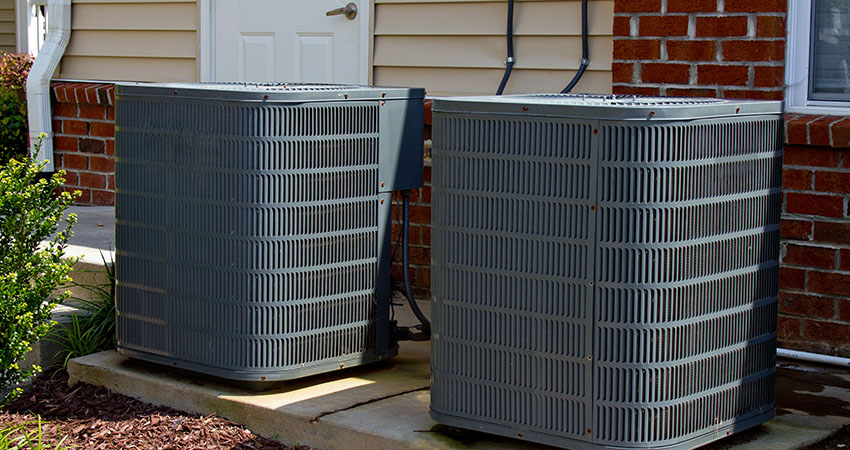Home & Garden
What is HVAC and everything you need to know?
Published
5 years agoon
By
Sidney
Now that the winter season has begun, HVAC companies are doing quite good. But what does HVAC even stand for? Why do you need an HVAC unit at your home/office? And why are they such a big deal? Well these are all the simple questions that you may be embarrassed to ask. After all, these units are quite popular and hence, need to be common knowledge. However, your curiosity is justified!
Despite being immensely popular, the HVAC industry is still growing. A greater number of people are now understanding all the implications of heat pumps and how efficient they can be (under certain environmental conditions, though).
So worry not, we are here to educate you about HVAC systems!
What are HVAC systems?
HVAC systems are referred to as Heating, Air-conditioning, and Ventilating system. They are a very important part of commercial buildings and residential buildings. Furthermore, even a big number of industrial building such as manufacturing plants, factories, and warehouses also use them!
The prime use of an HVAC system is to control the humidity, air quality, and temperature of the place. Furthermore, they provide a very comfortable environment indoors.
According to the U.S. small business administration, 40% of the energy usage is accounted by HVAC systems. Consequently, one of the biggest coals of building owners is to reduce the costs by increasing their efficiency, while reduce the emission of greenhouse gases.
How many types of HVAC systems are there?
Well, HVAC systems are extremely important in the design of buildings. This is due to the following few reasons?
- Their success directly corresponds to the comfort level in building
- HVAC units require a good level of investment
- HVAC systems need floor space for units
- They form a big portion of operating expenses
There are many different types of HVAC systems that are used in buildings. In this article, we will only talk about the most common types that are used. These include:
Centralized systems
As it implies, centralized HVAC systems include a single system that handles all the HVAC needs of the area. Usually, it is working in a single central zone. This system use water as a medium of cooling, and also feature widely distributed dust-work. The prime advantage of these systems is that they have greater potential for load-management with better level of control.
Packaged systems
Packaged systems are primarily used where there is not enough space in the building to keep separate components. Hence, these systems come in a single packaged unit.
Individual system
Decentralized or individual systems are those that provide energy through various different units that are located in the building. For instance, this may include the rooftop systems, air conditioning units, and air-to-air units.
The prime advantage of these units is that they are very easy for control. Furthermore, they also have lower investment. However, these systems can be a big nightmare when they are distributed throughout the building. This is because it is quite expensive to replace multiple systems at a time rather than working on a single unit that controls the entire space.
On the brighter side, the prime benefit of multiple individual units is that even if one unit stops working, the others will continue their cooling.
Ending note
The repair of HVAC units is one of the biggest downsides. This is because these units require seasonal maintenance, and possible repairs. So this winter, make sure that you have had an inspection or heating service repair huntington before you turn your HVAC unit on this winter. In case you keep using an unfit unit, you may have to deal with major costs of repair.

